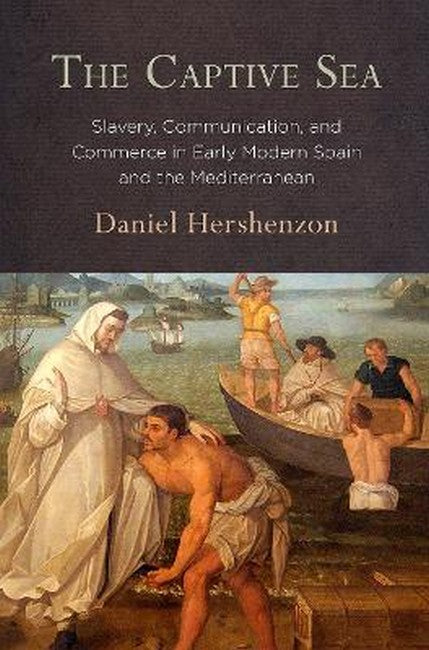Daniel Hershenzon is Associate Professor of Literatures, Cultures, and Languages at the University of Connecticut.
Request Academic Copy
Please copy the ISBN for submitting review copy form
Description
A Note on the Text Introduction Chapter 1. The Social Life of Enslaved Captives Chapter 2. Ransom: Between Economic, Political, and Salvific Interests Chapter 3. Negotiating Ransom, Seeking Redemption Chapter 4. Taking Captives, Capturing Communities Chapter 5. Confronting Threats, Countering Violence Chapter 6. Moving Captives, Moving Knowledge Chapter 7. The Political Economy of Ransom Conclusion Notes Bibliography Index Acknowledgments
"[A] thoroughly researched, clearly structured, convincingly argued and richly documented monograph on slavery in the early modern western Mediterranean . . . It is time to follow the stories of how enslaved people shaped the communities at home and abroad, and Hershenzon's book will be an indispensable part of this enterprise." (Bulletin of Spanish Studies) "The breadth and depth of research, the insight with which Hershenzon draws out the significance of the sources, and the clarity of his writing all make this an impressive and convincing book." (Bulletin for Spanish and Portuguese Historical Studies) "Daniel Hershenzon persuasively shows how captivity both tore slaves from their communities and connected those communities across the Western Mediterranean. Extensively researched and bracingly argued, The Captive Sea demonstrates the agency and impact of captives in an enduringly entangled Mediterranean world." (Barbara Fuchs, University of California, Los Angeles) "A serious, probing look at early modern Mediterranean slavery. Daniel Hershenzon locates new and highly personalized sources within the vast bureaucratic archives of Spain and then wields them to identify and theorize the expectations and logics of behavior that underlay the captives' struggles to obtain freedom." (James Amelang, Universidad Autonoma de Madrid)

